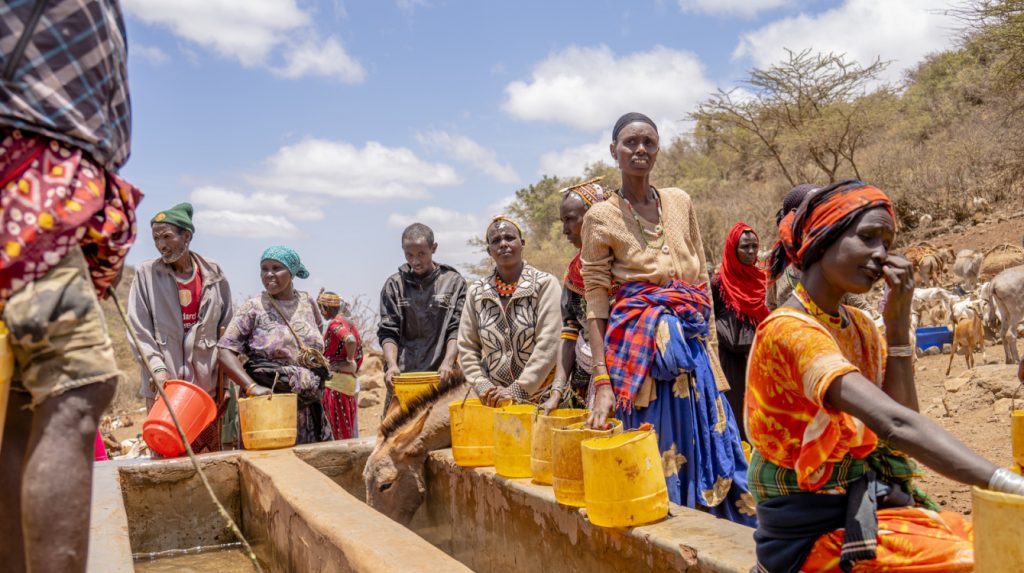By Phephile Motau
A life-threatening hunger caused by climate shocks, violent insecurity, and disease in the Horn of Africa, has left nearly 130,000 people “looking death in the eyes” and nearly 50 million facing crisis levels of food insecurity, the UN World Health Organization (WHO) said on Friday.
The organisation made an appeal for over E3 billion (US$178 million) to support humanitarian assistance across the seven affected countries in the Greater Horn region.
According to UN News (www.un.org), WHO worker Liesbeth Aelbrecht cautioned that the situation was worse than anything she had seen in more than two decades in Djibouti, Ethiopia, Kenya, Somalia, South Sudan, Sudan and Uganda.
Read More: African leaders call for urgent action against cholera
“These 48 million people include as many as 129 000 who are facing catastrophe; that means they are facing starvation and literally looking death in the eyes,” Albrecht reportedly said to journalists in Geneva.
She also added that those who are most at risk were both South Sudan and Somalia. According to WHO, besides the dramatic hunger crisis, the region has never seen such a high number of reported disease outbreaks this century.
“All seven countries are battling measles, a deadly disease,” Albrecht reportedly said and highlighted how people suffering from malnutrition were much more vulnerable to sickness than those who have enough to eat.
“Four of the countries are fighting cholera, South Sudan is one of them; they just declared an outbreak. Malaria, which we know is endemic in this region and remains the biggest cause reason for (medical) consultation, is really on the rise.”
The Greater Horn region is also in the grip of concurrent outbreaks of hepatitis, meningitis and dengue, which was declared for the first time in Khartoum in February.
Read More: Global leaders believe achieving zero hunger in Africa is within reach
“The frequency of these disease outbreaks is directly linked to these extreme weather events and climate change,” the WHO officer is reported to have said.
The WHO intends to use the $178 million appeal to scale up the treatment of people suffering from medical complications linked to severe malnutrition.
The appeal will also help to make sure that the health system does not collapse by providing mobile health clinics, as increasingly desperate pastoral communities leave their homes and arrive in towns.
“We need to do anything possible to control these disease outbreaks. We know how to control cholera, what we need is really the resources to scale this up,” she reportedly said.
